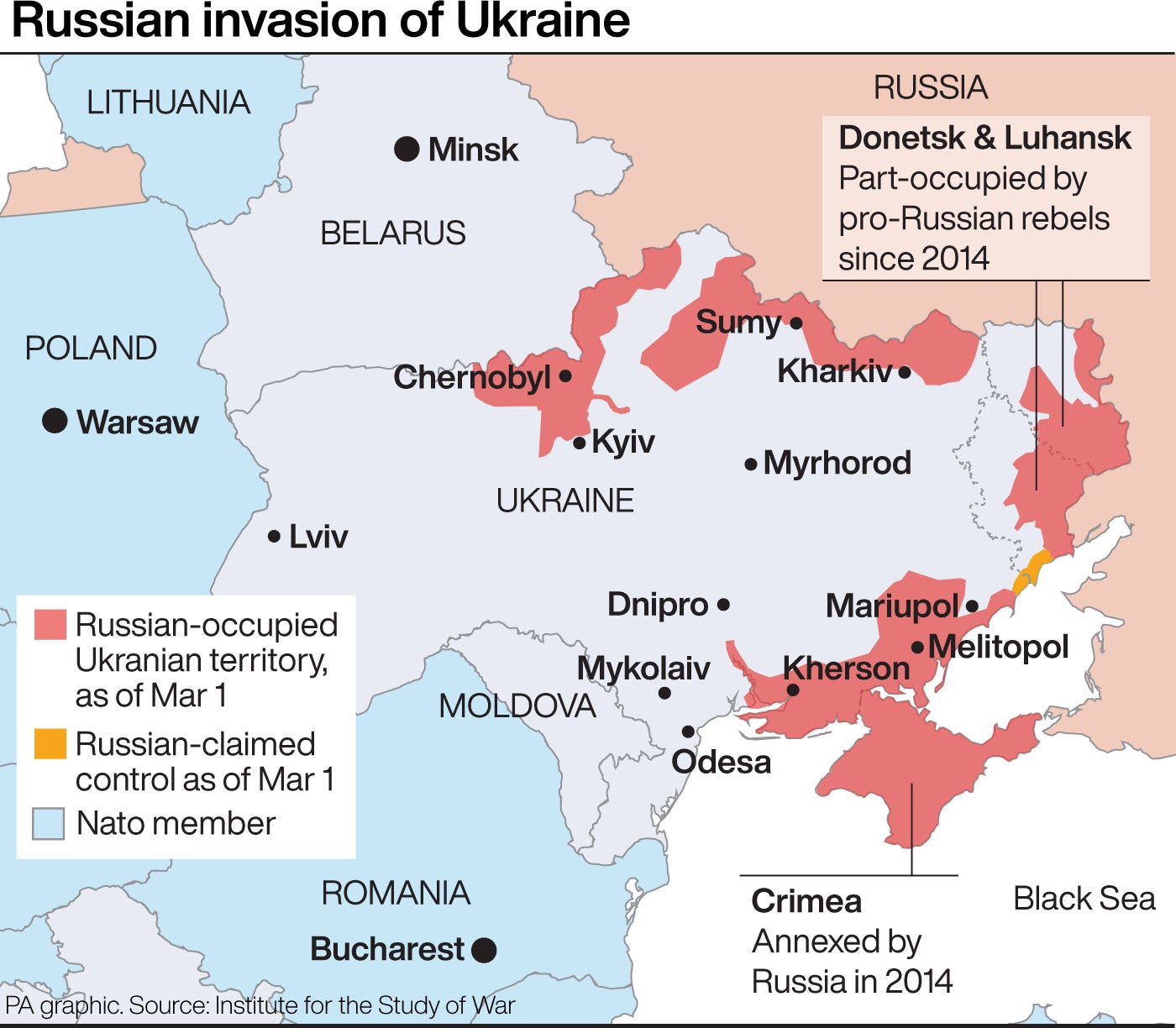Ukraine refugees reach one million in seven days, says UN agency
‘We are looking at what could become Europe’s largest refugee crisis this century’
Your support helps us to tell the story
From reproductive rights to climate change to Big Tech, The Independent is on the ground when the story is developing. Whether it's investigating the financials of Elon Musk's pro-Trump PAC or producing our latest documentary, 'The A Word', which shines a light on the American women fighting for reproductive rights, we know how important it is to parse out the facts from the messaging.
At such a critical moment in US history, we need reporters on the ground. Your donation allows us to keep sending journalists to speak to both sides of the story.
The Independent is trusted by Americans across the entire political spectrum. And unlike many other quality news outlets, we choose not to lock Americans out of our reporting and analysis with paywalls. We believe quality journalism should be available to everyone, paid for by those who can afford it.
Your support makes all the difference.One million people have fled Ukraine in the seven days since Russia invaded the country, the United Nations’ refugee agency said on Wednesday.
“In just seven days we have witnessed the exodus of one million refugees from Ukraine to neighbouring countries,” Filippo Grandi, the UN high commissioner for refugees (UNHCR), said in a statement on Twitter.
UNHCR spokesperson Joung-ah Ghedini-Williams said that the agency’s data indicates they passed the one million mark “as of midnight in central Europe based on counts collected by national authorities”.
The exodus amounts to more than two per cent of Ukraine’s population that has been on the move in under a week. At the end of 2020, Ukraine’s population stood at 44 million, according to the World Bank.
On Tuesday, the UN appealed for $1.7bn (£1.2bn) to urgently deliver humanitarian support to people in Ukraine and refugees in neighbouring countries.
“The UN estimates that 12 million people inside Ukraine will need relief and protection, while more than 4 million Ukrainian refugees may need protection and assistance in neighbouring countries in the coming months,” the UNHCR said in a press statement.
“We are looking at what could become Europe’s largest refugee crisis this century,” said Mr Grandi.
The exodus began after Russia invaded Ukraine on 24 February. As the invasion entered its eighth day, Ukraine’s capital Kyiv was braced for a siege, second-largest city Kharkiv was reeling from further strikes and the control of port city Kherson was contested.
A blast in Kyiv caused minor damage to the central train station where thousands were being evacuated. Russian forces continued an assault on the southeastern port city of Mariupol that the mayor there said was relentless.
In the northern city of Chernihiv, two cruise missiles hit a hospital, according to the Ukrainian UNIAN news agency.
An investigation into alleged war crimes in Ukraine was opened by an International Criminal Court prosecutor after referrals from 39 allied countries.

More than 2,000 civilians have died since the invasion, Ukraine’s state emergency service said, although that figure has not been independently verified.
In an early address on Thursday, president Volodymyr Zelensky called on the people of Ukraine to continue their fight against Russia.
“We are a people who in a week have destroyed the plans of the enemy,” he said. “They will have no peace here. They will have no food. They will have here not one quiet moment.”
The president added that the death toll of Russian soldiers has reached about 9,000. “Ukraine doesn’t want to be covered in bodies of soldiers,” he said. “Go home.”
Additional reporting by agencies

Join our commenting forum
Join thought-provoking conversations, follow other Independent readers and see their replies
Comments